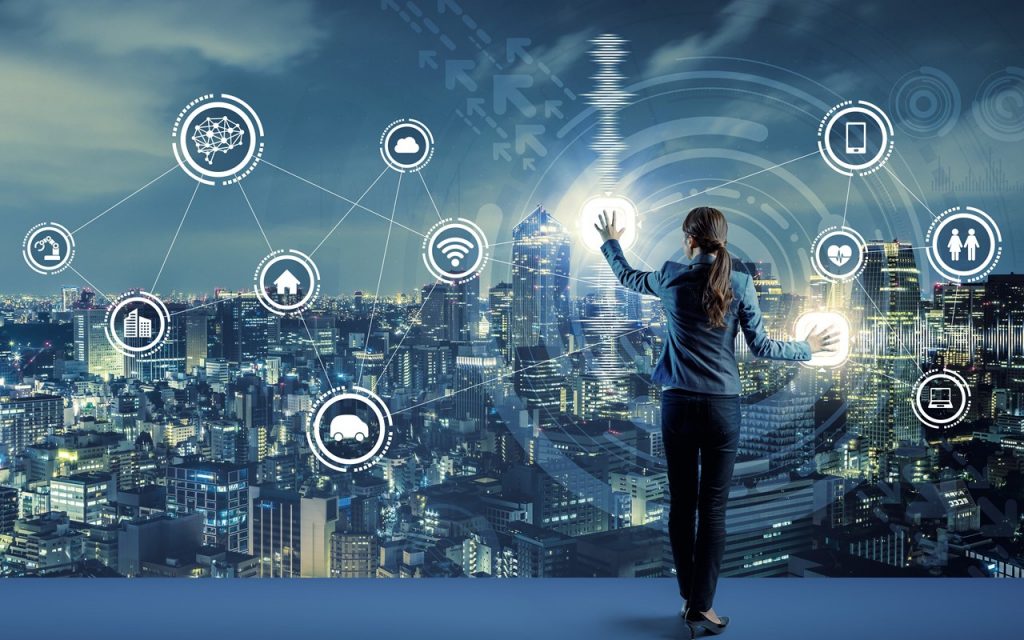What is the impact of new technologies on humans and society?

Theoretical research
Description
Technology is advancing at an increasingly rapid pace. This, consequently, puts pressure on core societal and ethical values, for example our responsibility for the environment, respect for privacy and security, autonomy, attention and concentration, and the quality of social relationships.
New technologies raise questions about privacy, quality of life, the possibility of artificial intelligence making human beings redundant. For example, it might be challenging to decide who might be responsible and accountable when a self-driving automobile takes the wrong decision. Or how education and educators will be affected by the existence of GenAI/LLM such as ChatGPT?
But also the effect that the current rise of AI/LLM has on for example our environment long-term. AI is already being used today to combat aspects of climate change, such as for example logistics, construction, business, the food industry and even in politics. However, AI itself also contributes significantly to climate change, partly due to enormous energy consumption, water consumption, CO2 emissions, lack of transparency among developers and researchers, and possibly even bias in the code of AI. How to go about this?
The impact and advantages of technology on our lives today, cannot be ignored. The 21st century has been called the era of science and technology (and now data), especially with the new technology developments and advancements over the last few decades. We are now living in Society 5.0, term advanced by the 5th Science and Technology Basic Plan. Society 5.0 follows the hunting society (Society 1.0), agricultural society (Society 2.0), industrial society (Society 3.0), and information society (Society 4.0) and it will feature enhanced forms of robotics, AI, nanotechnology, and biotechnology, an enhanced Internet of Things, and further exploitation of Big Data.
While, on the one hand, technology has made our lives easier in many ways, it has also generated a fierce debate among policy-makers, economists and industry leaders about its societal impact. As digitalization disrupts society ever more profoundly, concern is growing about how it is affecting issues such as jobs, wages, inequality, health, resource efficiency and security.
The main goal of this challenge is to explore and describe the impact of new technologies on humans and society.
Perspectives and possible directions
Some examples of angles for exploration include
-
Explore how value-driven design can help align AI systems with societal and democratic principles. What frameworks exist for ethical AI? What role should public institutions, businesses, or international bodies play in regulating emerging technologies?
-
Investigate how data-driven technologies (e.g., health trackers, remote diagnostics, predictive modeling) are transforming care systems, patient autonomy, and medical decision-making. What are the implications for trust, access, and inequality in healthcare?
-
Examine both the climate mitigation potential and the environmental costs of new technologies, including AI’s carbon and water footprint. What policies or innovations could help balance these dynamics, especially across regions with unequal resources?
-
Consider how technologies like generative AI, gamification, and learning analytics impact students’ attention, creativity, and autonomy. Can education harness these tools without undermining critical thinking, equity, or human connection?
-
Study how automation and AI are reshaping labour markets, from gig work to high-skill professions. What strategies can support inclusive transitions, upskilling, and dignity of labour in increasingly digital economies?
-
Who is responsible when algorithms go wrong, be it in autonomous vehicles, biased loan decisions, or flawed medical diagnoses? Explore the legal and philosophical implications of shared accountability between humans and machines.
-
Reflect on how data collection practices by governments and corporations influence notions of personal freedom and civic participation. What does meaningful digital consent look like? How can societies resist techno-surveillance without stalling innovation?
-
Analyze how human interaction is evolving in a world mediated by smart devices, social platforms, and virtual environments. What impact does this have on empathy, trust, and the sense of community across different cultures?
-
Investigate how technological developments may reinforce or challenge global inequalities. Who controls access to powerful tech infrastructures and who is left behind? How do digital divides map onto broader questions of postcolonialism, migration, or power?
-
Engage with the philosophical and speculative questions: What role do humans play in a society increasingly shaped by intelligent systems? How can we co-evolve with technology without losing touch with what makes us human?
